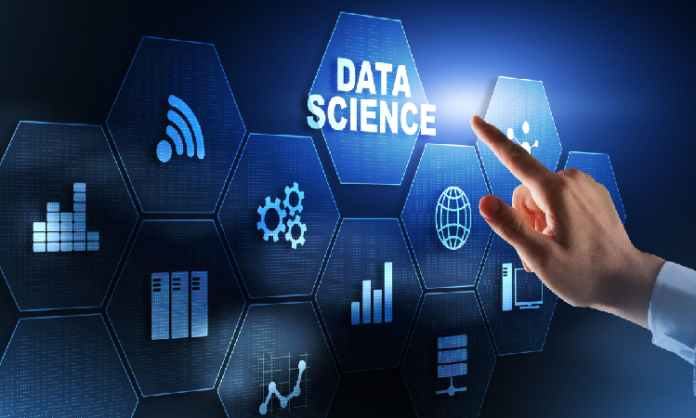
Table of Contents
In the age of artificial intelligence (AI) and big data, data science has emerged as a powerful force, driving innovation, insights, and automation across various industries. However, with great power comes great responsibility, and data science is no exception. The ethical implications of data science, particularly concerning privacy and bias, have come to the forefront of discussions and debates. This article explores the critical need to navigate these challenges to ensure the responsible and equitable use of data in the age of AI.
The Privacy Conundrum
Privacy is a fundamental concern in the field of data science. As organizations and businesses collect vast amounts of data from individuals, the question of how that data is used, stored, and shared is of paramount importance.
Data Collection and Informed Consent: To navigate the privacy challenge, it’s essential to establish robust data collection practices. Organizations must ensure that individuals are aware of what data is being collected and for what purpose. Informed consent mechanisms, where individuals are given a clear understanding of how their data will be used, are crucial.
Data Anonymization: Anonymizing data can be an effective way to protect individual privacy. By removing personally identifiable information, data scientists can work with data while minimizing the risk of exposing sensitive information. However, it’s crucial to remember that complete anonymization is not always foolproof, and re-identification can still be a concern.
Data Security: Maintaining strong data security measures is essential. Data breaches can result in severe privacy violations. Organizations must invest in encryption, access control, and regular security audits to protect sensitive information.
The Challenge of Bias
Bias in data science is another pressing concern. It can emerge at various stages of the data science process, from data collection to algorithm development and decision-making. Biased data or algorithms can perpetuate discrimination and inequality.
Data Collection Bias: The data used for training machine learning models can be inherently biased if it reflects historical biases. For example, if historical hiring data favors a particular demographic, machine learning algorithms trained on this data may perpetuate hiring bias.
Algorithmic Bias: Machine learning algorithms can also introduce bias if not properly designed and tested. This is often unintentional and can result in discriminatory outcomes in areas like lending, criminal justice, and hiring.
Mitigating Bias: Addressing bias in data science requires a multi-faceted approach. Diverse teams can help identify and rectify biases in data and algorithms. Additionally, transparent and explainable AI models can be used to pinpoint and rectify biases in decision-making processes.
Conclusion
As data science and AI continue to reshape the way we live and work, the ethical considerations surrounding data privacy and bias must be at the forefront of our minds. Navigating these challenges is not just a legal or moral imperative but also an economic one. Trust is a valuable currency, and organizations that respect and protect data privacy, and actively work to mitigate bias, are more likely to earn and maintain the trust of their customers and the public.
The responsible use of data in the age of AI requires a collaborative effort. Data scientists, businesses, policymakers, and society at large must work together to establish guidelines, regulations, and best practices that ensure data privacy and minimize bias. The goal is to harness the power of data science and AI for the benefit of all, fostering a future that is not just technologically advanced but also equitable and just.
Related Post:
Laser Weapon : Transforming Warfare with Speed-of-Light Precision

























